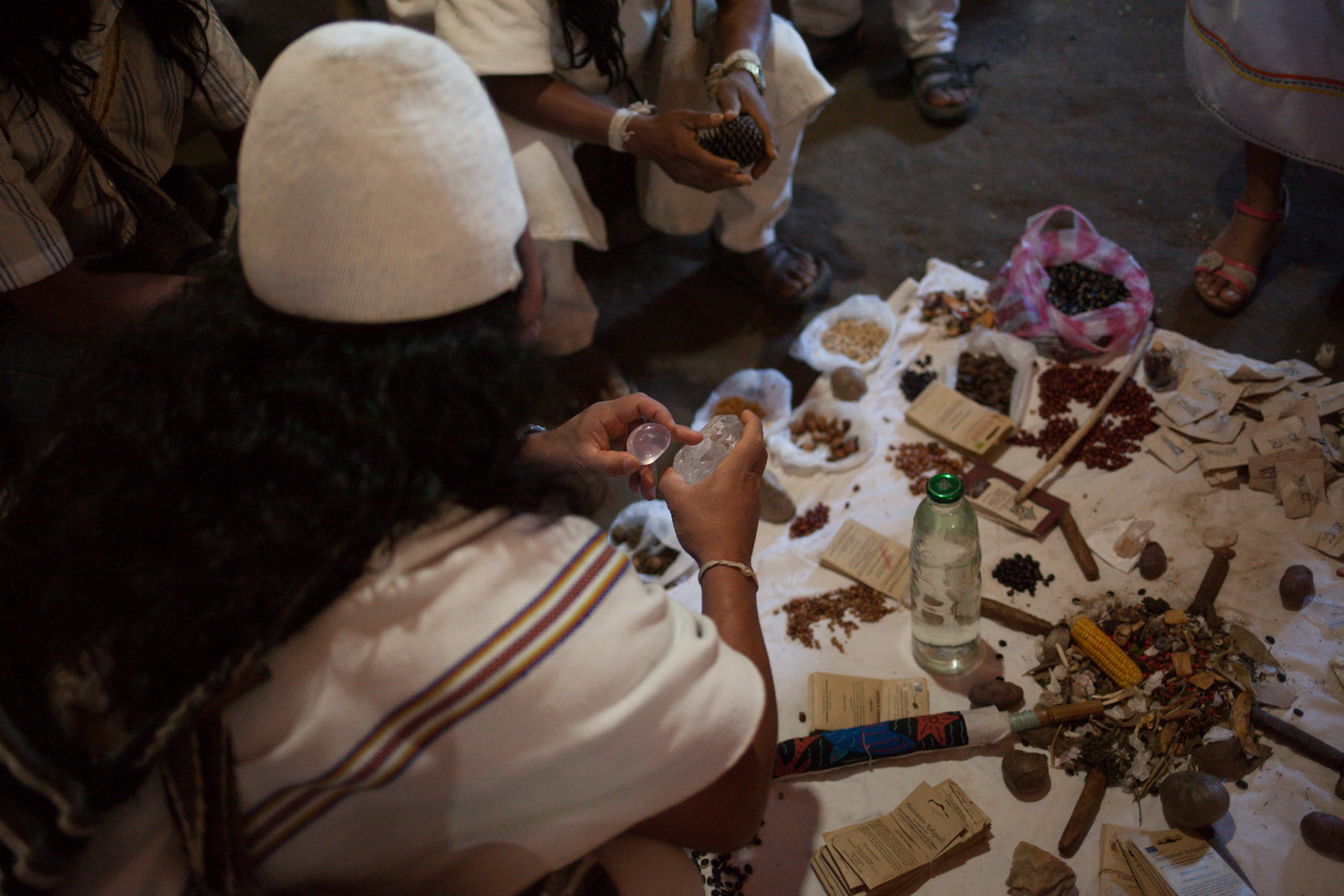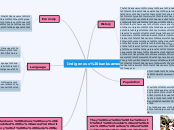Indigenous kankuamos
History
The Kankuamo Indians have inhabited the Sierra Nevada de Santa Marta since ancient times, share in this great territory, the ancestral history and the worldview of the world with the Kogui, Arhuaco and Wiwa indigenous peoples.

With the process of colonization and acculturation, the Kankuamo began to forget their commitment to take care of the Sierra and to maintain the tradition, for this reason the Kankuamo masters gave their wisdom and the golden mask of dancing to the Kogui, as a form of resistance , being these the guardians of the Kankuama tradition, tradition that would be kept and transmitted from mamo to mamo five generations, only until that moment would be that the Kankuamo would go to be reborn, the Kankuamo would reappear.

Population
The 2005 DANE Census reported 12,242 people who are recognized as belonging to the Kankuamo people, of which 48.62% are men (6,182 people) and 51.38% are women (6,532 people).

Most of them are concentrated in the department of Cesar, where 96.29% of the population lives. It is followed by La Guajira with 1.30% (165 people) and Bogotá with 0.87% (111 people).

The Kankuamo represent 0.91% of the indigenous population of Colombia.
They live in the north of Colombia and share the culture and tradition with the other peoples that live in the Sierra Nevada of Santa Marta, Kággabba Kogi, Iku Arhuaco and Wiwa Damana.

Economy
The economy of the Kankuamo is based on agriculture, they produce yucca, yam, pigeon pea, corn, banana, coca leaves, fique, arracacha, backpack, taro.

Language
The Kankuamo spoke a language of the Chibcha linguistic family, but the last speakers of it died around 1960.
Efforts to recover the language and cultural identity are parallel to the processes of other indigenous communities in Colombia.
Although with serious difficulties due to pressures from settlers and other forces that always corner the linguistic and traditional unity of the people.
Finally his motto in the tradition of the centuries has been: The world will kankuamize sooner or later.

Kankano Indians have inhabited the sacred territory of the Sierra Nevada de Santa Marta since ancient times, and we share in this great territory the ancestrality and worldview of the world with the Kogui, Arhuaco and Wiwa indigenous peoples.

